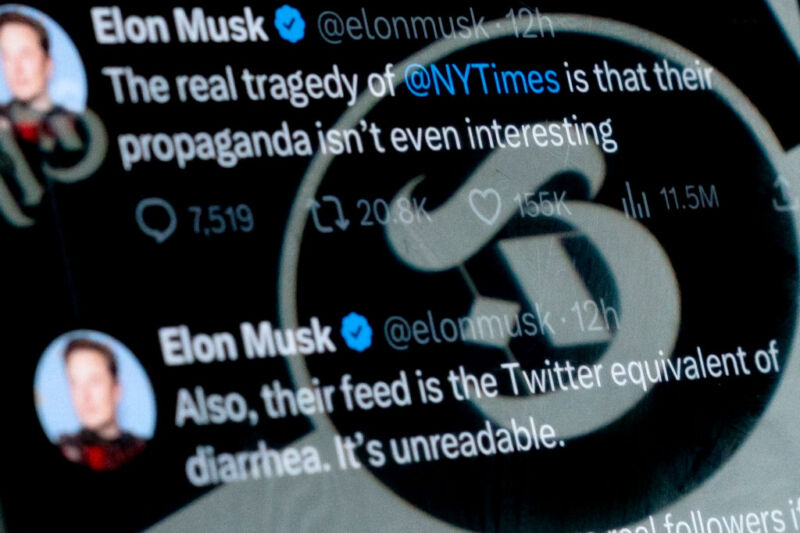
Enlarge
/
Geoffrey Hinton, chief scientific adviser at the Vector Institute, speaks during The International Economic Forum of the Americas (IEFA) Toronto Global Forum in Toronto, Ontario, Canada, on Thursday, Sept. 5, 2019. (credit: Getty Images / Benj Edwards)
According to the
New York Times
, AI pioneer
Dr. Geoffrey Hinton
has resigned from Google so he can "speak freely" about potential risks posed by AI. Hinton, who helped create some of the fundamental technology behind today's generative AI systems, fears that the tech industry's drive to develop AI products could result in dangerous consequences—from misinformation to job loss or even a threat to humanity.
"Look at how it was five years ago and how it is now," the Times quoted Hinton as saying. "Take the difference and propagate it forwards. That’s scary."
Hinton's resume in the field of artificial intelligence extends back to 1972, and his accomplishments have influenced current practices in generative AI. In 1987, Hinton, David Rumelhart, and Ronald J. Williams popularized
backpropagation
, a key technique for training neural networks that is used in today's generative AI models. In 2012, Hinton, Alex Krizhevsky, and Ilya Sutskever
created
AlexNet
, which is
commonly hailed
as a breakthrough in machine vision and deep learning, and it arguably
kickstarted
our current era of generative AI. In 2018, Hinton won the
Turing Award
, which some call the "Nobel Prize of Computing," along with Yoshua Bengio and Yann LeCun.
chevron_right







